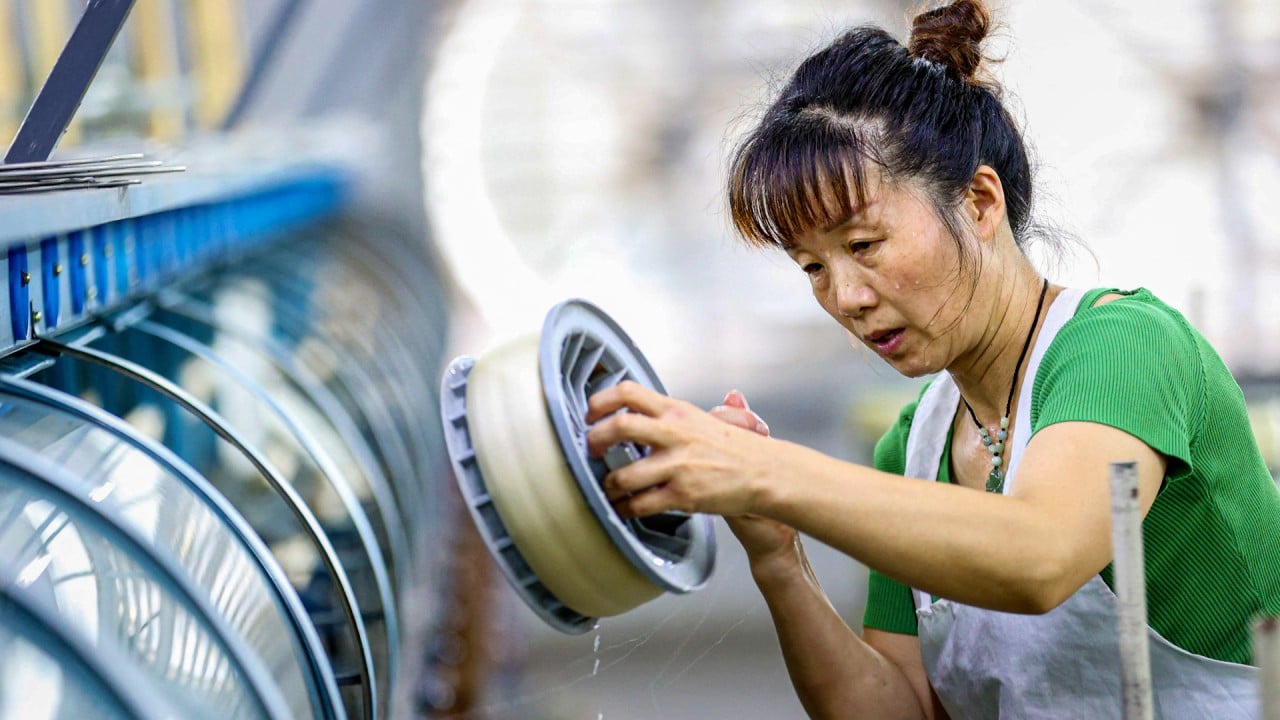Low-cost diabetes drug may delay effect of ageing on brain and body: Chinese scientists
Test animal tissue showed slowed biological ageing and brains showed improved cognitive function after metformin doses, team wrote in Cell

The findings could “pave the way for advancing pharmaceutical strategies against human ageing”, according to the team from the Institute of Zoology and the Beijing Institute of Genomics of the Chinese Academy of Sciences (CAS).
The researchers – led by Liu Guanghui and Qu Jing from the zoology institute and Zhang Weiqi from the genomics institute – reported their findings in the peer-reviewed journal Cell on September 12.
They divided the 13 to 16-year-old monkeys – the equivalent of 40 to 50-year-old humans – into two groups.
The control group comprised 16 older monkeys and 18 young or middle-aged animals, while 12 older males were given 20mg/kg of metformin per day, the standard dose used to control diabetes in humans.
After the study, which lasted 1,200 days – the equivalent of about 13 years in humans – the CAS team analysed samples from 79 types of tissue and organs in 11 systems throughout the monkeys’ bodies.
